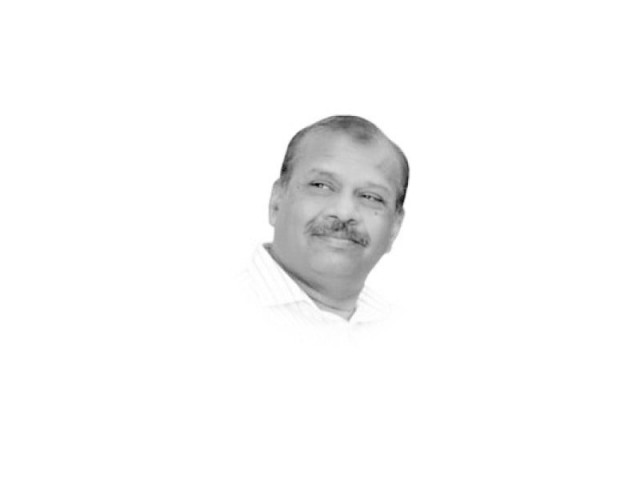Clarity of knowledge
Information without clarity can mislead just as easily as it can inform

In public discussions about education, we often hear about the "information revolution". We are told that students today are luckier than ever before, with instant access to books, articles, lectures, and ideas from across the globe. And in one sense, this is true. Never before has information been so abundant, so immediate, and so available to young people in every corner of society. Yet from my experience as a faculty member in a public sector university, I can say with certainty: abundance of information does not automatically produce clarity of knowledge.
This paradox is visible in our classrooms every day. Students arrive armed with smartphones and search engines, but when asked to explain concepts in their own words or connect theories across disciplines, many struggle. The issue is not a lack of access to data but a lack of clarity in processing it. They often find themselves overwhelmed, caught between facts and opinions, unable to distinguish evidence from speculation. In this sense, the very revolution of information threatens to bury genuine knowledge under the weight of its own excess.
Information without clarity can mislead just as easily as it can inform. A poorly understood scientific theory or a misquoted historical fact may spread confusion or even be weaponised as misinformation. In contrast, knowledge that is tested, explained, and placed in context empowers students to think critically and act responsibly. Clarity is what turns passive data into active understanding.
The challenge is that our education system has not adapted to this reality. Public sector universities, despite their dedicated faculty and bright students, remain locked in old habits. We still reward memorisation over reflection, and reproduction over reasoning. Exams are designed to test how well students can recall, not how well they can explain or apply. In an era when knowledge demands synthesis and depth, we are still clinging to a model suited to an age of scarcity, not abundance.
The responsibility of educators, therefore, must shift. We are no longer mere transmitters of facts. Our role is to cultivate clarity. That means teaching students to question sources, to compare viewpoints, and to analyse assumptions. It means encouraging dialogue, debate and curiosity in classrooms rather than silence and rote learning. Only then can information be transformed into insight.
But individual teachers cannot carry this burden alone. Universities must support a culture of clarity by reforming assessment systems and academic structures. Instead of rewarding rote memorisation, we must design assessments that measure understanding: open-ended questions, project-based evaluations and inquiry-driven assignments. Faculty must also be trained and supported to adopt teaching strategies that place critical thinking at the centre. Without systemic reform, the weight of tradition will continue to undermine the clarity we need.
At the same time, clarity is also an ethical commitment. It requires humility and the recognition that knowledge is never final and our understanding is always provisional. This is a difficult but essential lesson, especially in societies where certainty is often confused with authority. By modeling humility ourselves, we can encourage students to see learning not as the possession of unshakable answers but as the continuous refinement of thought.
For our society, this clarity is more than an academic goal; it is a civic necessity. In an environment where misinformation and polarisation thrive, citizens who cannot think clearly are vulnerable to manipulation. By contrast, clarity empowers individuals to see beyond noise, resist falsehoods, and contribute meaningfully to collective progress. Public sector universities, often criticised for their constraints, can in fact play a decisive role here: by producing not only employable graduates but thoughtful citizens.
If knowledge is power, clarity is the light that makes it usable. Without clarity, we mistake noise for wisdom; with it, information becomes meaningful learning. In universities, our mission must be to nurture understanding over memorisation, shaping reflective and resilient citizens for an uncertain age.















COMMENTS
Comments are moderated and generally will be posted if they are on-topic and not abusive.
For more information, please see our Comments FAQ